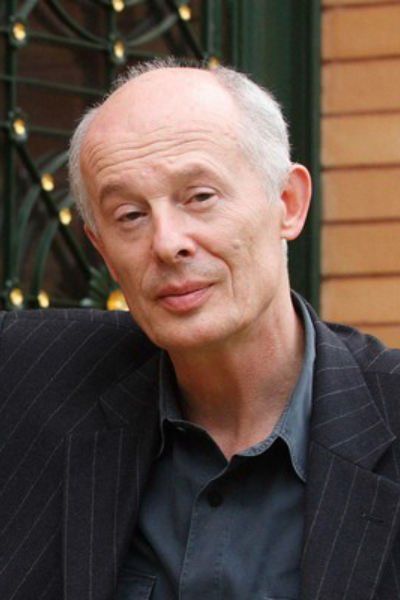Hans Joachim
Schellnhuber

»the band plays German hits, but when the ship sinks, all that is irrelevant.«
Physicist Hans Joachim Schellnhuber founded the Potsdam Institute for Climate Impact Research (PIK) in 1992 and served as director until 2018. Schellnhuber was one of the first scientists to sound the alarm regarding global warming. For many years, he has been advising leading figures including German Chancellor Angela Merkel, EU Commission President José Manuel Barroso and Pope Francis. He endeavours to clearly communicate the complex relations in the Earth system – the concepts "tipping element" and "2°C guardrail" as a goal in international law, for example, originate from him. In his magnum opus "Selbstverbrennung" (Self-Combustion) (2015), he not only provides an overview of research on global warming, but also recounts his personal perspective on the uphill battle that is the political fight against climate change.
»You could compare the situation to a leaking ship on the high seas. Of course, there are problems beyond the accident: the food in third class is terrible, the sailors are exploited, the band plays German hits, but when the ship sinks, all that is irrelevant. If we can't control climate change, if we can't keep the ship afloat, we won't have to worry about income distribution, racism and good taste«
As a scientist, he can play the part of Pythagoras (natural science) or Aristotle (rhetoric), Schellnhuber says in a reference to antiquity, but the role of a modern Homer, someone who transforms climate change into stories, must be taken over by others. As a socially involved climate researcher, Hans Joachim Schellnhuber has been asking for years: where are the writers who tell the story of climate change? Schellnhuber will speak with Ilija Trojanow, another politically active author who has posed the same question. Values such as "450 parts per million" are not tangible to him: "My imagination was not sparked." A conversation about Homer's complicated role in the face of global warming.